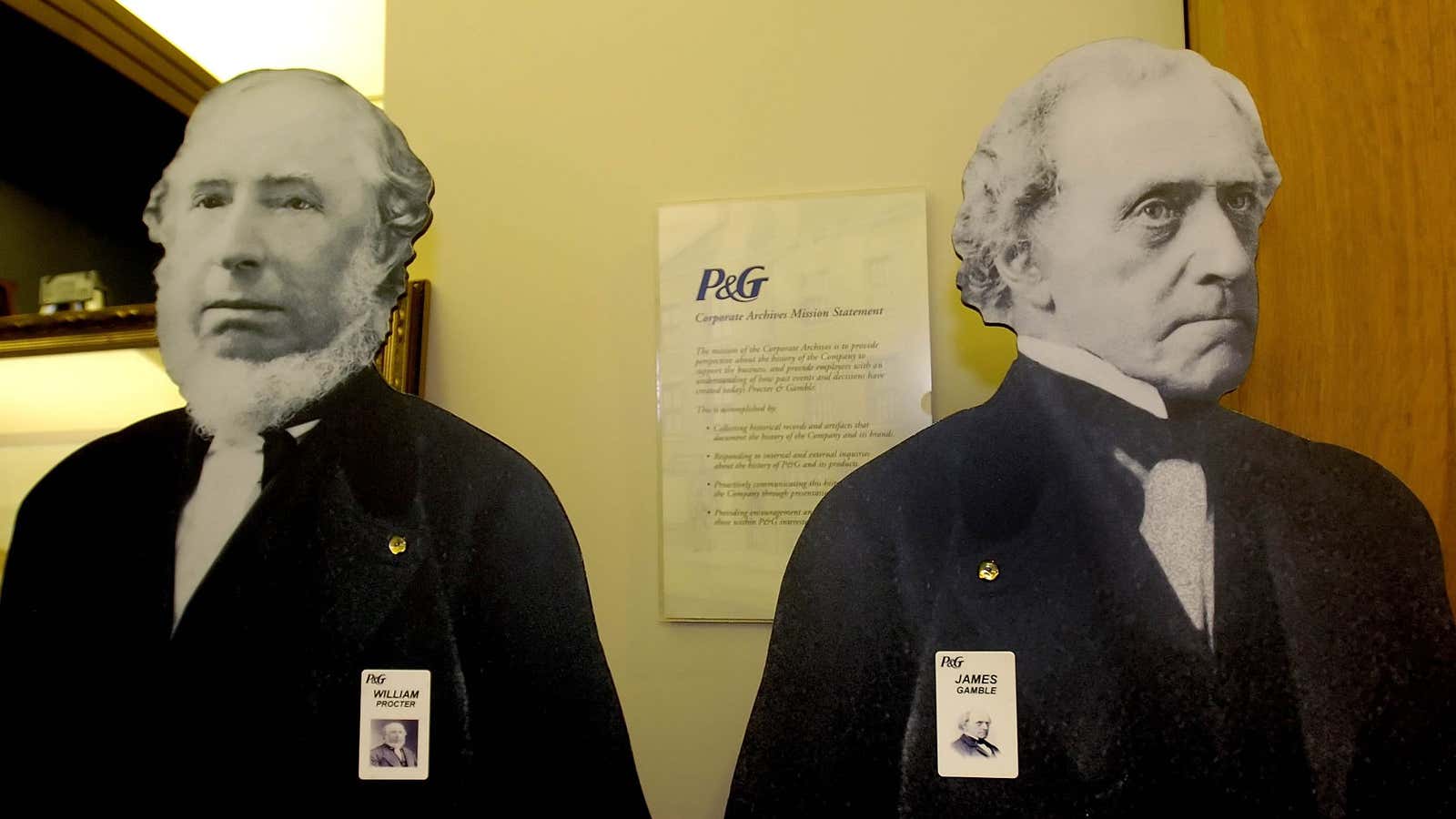When former American Express CEO Kenneth Chenault left the board of Facebook and was nominated to Berkshire Hathaway’s board, he became the first African American director recruited to Warren Buffett’s iconic conglomerate.
That means Berkshire’s name will no longer appear on Black Enterprise’s annual list of S&P 500 companies that have yet to elect a single Black board member.
Last year, the magazine named nearly 200 companies in this category, so Berkshire was hardly alone with its diversity problem. But Buffett’s firm dwarfed the others in market cap ($440 billion) and influence. Arguably, it could and should have done better long before this year. The same goes for IBM, Mondelez, and Allergan, all of which appeared on the 2019 list, but also recently filled board seats with Black candidates.
The remaining long list includes several household names, including Gap Inc., Chipotle, and Kraft Heinz. The 15 biggest (by market value) S&P 500 companies on the list still without any Black board members are identified below.
To be clear, though many of the companies listed above may have predominantly white, male directors, many have board members of other ethnicities or have embraced other forms of diversity, including by gender or sexual orientation.
Indeed, in the past several years, the number of white women appointed to boards has risen at a faster pace than that of African Americans of any gender. Experts attribute those gains to a few factors, including the fact that more white women are already in C-suite positions from which board members are typically recruited, and the broader cultural emphasis on gender equality.
Making space
Earlier this month, Reddit co-founder Alexis Ohanian resigned from his role as a corporate director at the company and requested that he be replaced by a Black candidate. It was his way of responding to calls for racial equity in the US, following ongoing protests against racism and police brutality. The slow rate of board turnover has been named as one of the obstacles to improving racial diversity in corporate governance; Ohanian saw his own resignation as a way of making space in a high-profile organization.
A more insidious problem—besides the systemic racism that put white people in the top spots to begin with—may be the culture of boards and board promotions. Corporate board members often want to avoid any risk associated with appointing with an unknown candidate, someone who might introduce conflict within a group that’s already working like a well-oiled machine, as Cari Dominguez, former chair of the US Equal Employment Opportunity Commission and a member of the National Association of Corporate Directors, told CNN in June.
In other words, the very promise of diverse voices—that they bring a wider range of perspectives and sometimes contrarian ideas—is apparently what many incumbent players fear most.
On a brighter note, African American and Asian or Pacific Islander women have made inroads on Fortune 100 and Fortune 500 boards, according to a recent report by the Alliance for Board Diversity and Deloitte. By percentage points, their numbers are increasing fastest among underrepresented groups. However, in absolute numbers, they are still a small fraction of the total number of women holding board seats, which again is just a fraction of the total board seats available.
Corporate boards could and should play a driving role in overseeing a company’s practices to ensure that racial diversity is prioritized, and specifically that Black employees, customers, and third-party business partners are elevated and supported, and that their experiences are understood. The question is, can boards can oversee change within their own ranks?
Correction: A previous version of the list above erroneously included Altria Group, which has had a Black board member since 2018.
